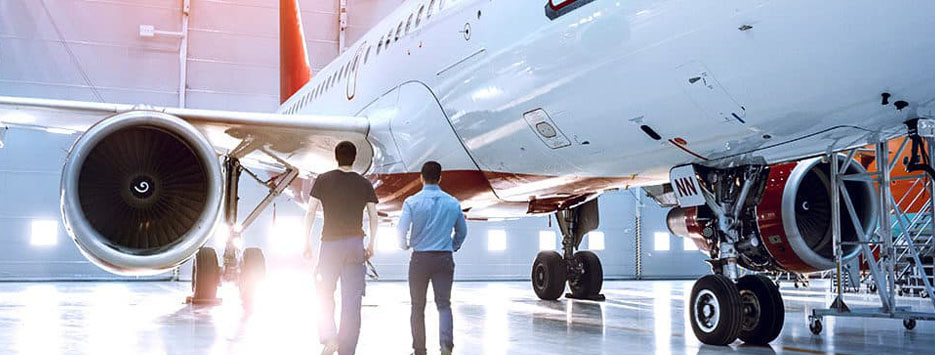The aerospace industry is characterized by its stringent quality standards, complex part geometries, and the need for high precision. To meet these demands, manufacturers have turned to advanced technologies, and one such technology that has revolutionized aerospace manufacturing is Computer Numerical Control (CNC) machining. CNC machining has transformed the aerospace industry, enabling the production of intricate components with exceptional accuracy and repeatability. In this article, we will explore how CNC machining has revolutionized aerospace manufacturing, its impact on efficiency and quality, and the future of this technology in the industry.
1. Precision and Complex Part Geometries:
Aerospace components often have complex geometries and tight tolerances. CNC machining has become the go-to solution for producing these intricate parts with the highest precision. CNC machines are capable of executing precise movements in multiple axes, allowing for the creation of complex shapes and contours. With the ability to interpret digital designs and convert them into precise tool paths, CNC machines produce aerospace components with unparalleled accuracy and consistency. This level of precision ensures the seamless integration and optimal performance of these parts in aircraft systems.
2. Efficiency and Cost Savings:
CNC machining offers significant efficiency gains and cost savings in aerospace manufacturing. The automation of machining processes reduces manual labor and minimizes human error, resulting in improved efficiency and increased productivity. CNC machines can operate continuously, 24/7, leading to reduced production lead times and faster turnaround. Additionally, the use of CNC machines eliminates the need for multiple setups and tool changes, streamlining the manufacturing process and reducing setup costs. These efficiency gains and cost savings contribute to the overall competitiveness of aerospace manufacturers.

3. Quality Assurance and Consistency:
Quality assurance is paramount in the aerospace industry, where safety and reliability are of utmost importance. CNC machining ensures a high level of quality and consistency in the production of aerospace components. CNC machines follow precise instructions programmed into their control systems, eliminating the variability associated with manual operations. This results in parts with consistent dimensions, surface finishes, and mechanical properties. Furthermore, CNC machines allow for in-process monitoring and quality checks, ensuring that any deviations or defects are detected early in the manufacturing process. The ability to maintain strict quality control standards contributes to the overall reliability and performance of aerospace systems.
4. Material Versatility:
Aerospace manufacturers work with a wide range of materials, including aluminum, titanium, composites, and specialty alloys. CNC machining offers exceptional material versatility, allowing manufacturers to work with these diverse materials effectively. CNC machines equipped with specialized cutting tools and techniques can handle various materials with ease, ensuring optimal performance and precision. This versatility enables aerospace manufacturers to explore innovative materials and alloys that offer enhanced strength-to-weight ratios, corrosion resistance, and other desirable properties, pushing the boundaries of aerospace engineering.
5. Future Trends and Advancements:
The future of CNC machining in aerospace manufacturing looks promising, with several emerging trends and advancements on the horizon. One notable trend is the integration of CNC machining with additive manufacturing techniques, commonly known as hybrid manufacturing. This integration allows for the production of complex, lightweight structures with reduced material waste. Furthermore, advancements in multi-axis machining and high-speed machining techniques will continue to enhance productivity, efficiency, and surface quality in aerospace component manufacturing. Additionally, the utilization of advanced simulation and optimization tools will further optimize machining processes, minimizing errors and maximizing performance.
Conclusion:
CNC machining has revolutionized aerospace manufacturing, providing aerospace manufacturers with the tools and capabilities to produce high-precision components efficiently and cost-effectively. The technology’s ability to create complex part geometries, maintain strict quality control standards, and work with diverse materials has made it indispensable in the aerospace industry. As advancements in CNC machining continue to unfold, the future holds exciting possibilities for further optimizing aerospace manufacturing processes, driving innovation, and ultimately shaping the next generation of aircraft.


